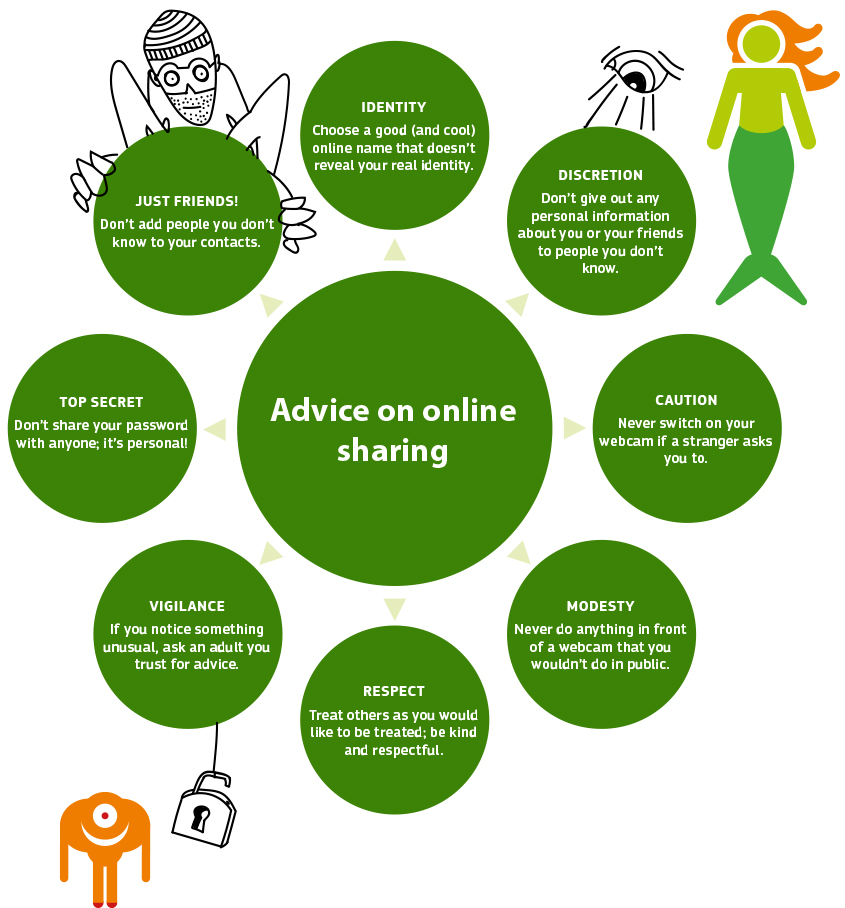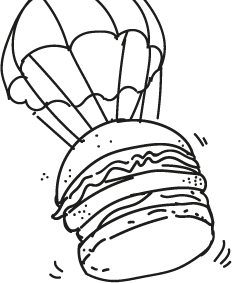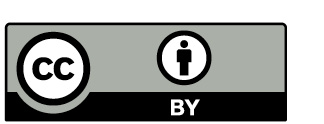FARMING AND FOOD
Eating well
Eating well means eating a little of everything to satisfy our hunger, no more and no less. So ideally our farmers and breeders would produce a large range of foods, and enough to feed everyone.
Brief history of the common agricultural policy
In 1957 the six founding countries — Belgium, France, Germany, Italy, Luxembourg and the Netherlands — decided that there would be no more hunger in Europe. In 1962 they launched the
CAP — the common agricultural policy.
The aim was to produce enough food for everyone and to ensure that farmers could make a living off their land. European farmers received financial aid and could produce as much as they wanted. But because they produced so
much, there were thousands of tonnes of food that nobody wanted to buy. What a waste!
Better farming since the 1980s
Since the 1980s farmers haven’t been able to just produce whatever they want, however they want. High-quality food is the rule now. There are also rules to ensure that animals are better treated. Europe
encourages its farmers to get involved in other activities. For example:
- Have you heard of agritourism?
- Have you ever visited a farm?
- Have you ever bought food directly from a farm?

Today we have a varied and high-quality diet
Nowadays farmers and food shops have to put logos and labels on the packaging of ‘farm to fork’ foods. The labels tell us how the food is made, show its ‘use by’ date, etc.
For example, eggs always have a code that tells you the country where they were laid and whether the hens lived outdoors or in a cage.
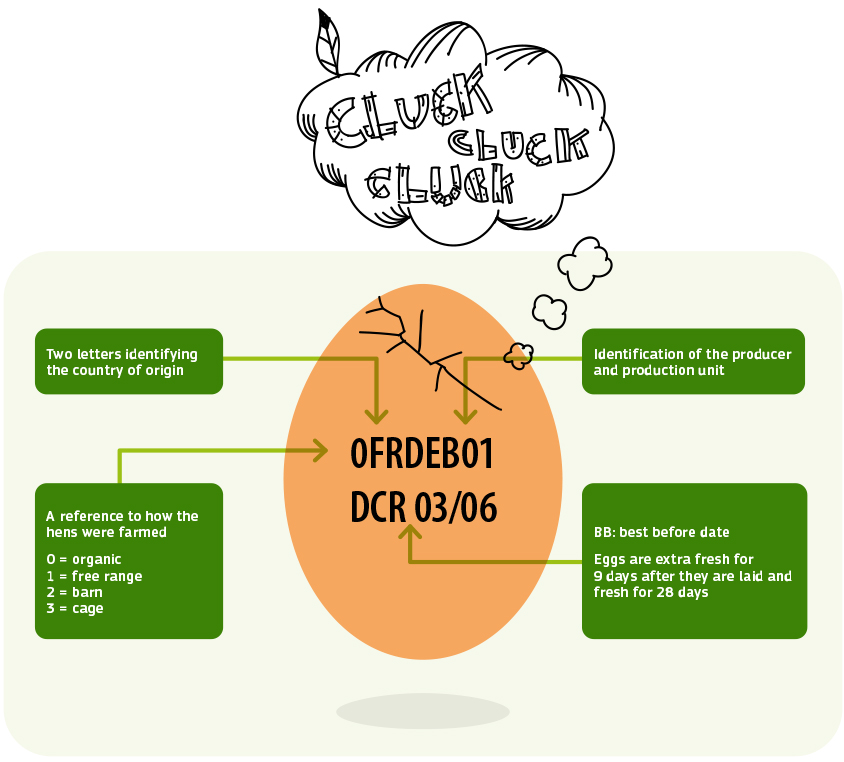
Many products also have European logos that certify their quality or origin.
- Look for some in your fridge or kitchen cupboards.

The ‘Protected Designation of Origin’ logo means that the product has to be made, processed and prepared in a specific place or region.
Examples are: Kalamata olive oil (Greece), Mel do Alentejo honey (Portugal), Herve cheese (Belgium) and Stupavské zelé sauerkraut (Slovakia).

The ‘Protected Geographical Indication’ logo means that at least one of the stages in making the product (production, processing or preparation) has taken place in a specific place or region.
Examples are: Kiełbasa piaszczańska pork sausage (Poland) and Asparago di Cantello asparagus (Italy).

This logo guarantees that 95 % of the ingredients are made organically and gives the name of the producer or seller.

NO MORE JUNK FOOD!
More than half of all adults in the EU are overweight. If nothing is done, Europe will face a real epidemic by 2030. Children and young people are also affected: in 2019 one young person out of five in the EU was overweight
or obese.
How can we get rid of junk food?
Some schools have decided to ban hamburgers, chips, pizzas and fizzy drinks. Under the European school fruit scheme, pupils are given free fruit and vegetables, and are encouraged to adopt healthy eating habits.
To eat healthily we need five portions of fruit and vegetables a day.
It might seem like a lot, but it is possible!
- It’s your birthday soon! Describe or draw your dream meal … and do not forget to include the five portions of fruit and vegetables you need for a healthy diet.


 YES
YES  NO
NO 

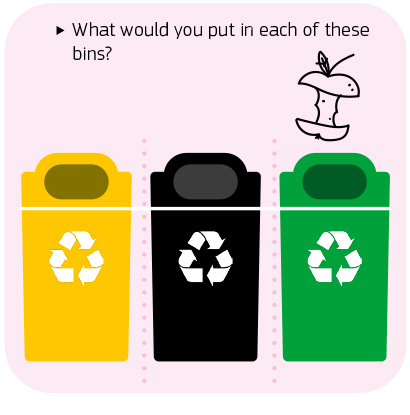
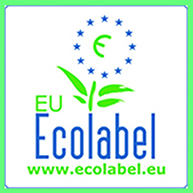

 Marking
Marking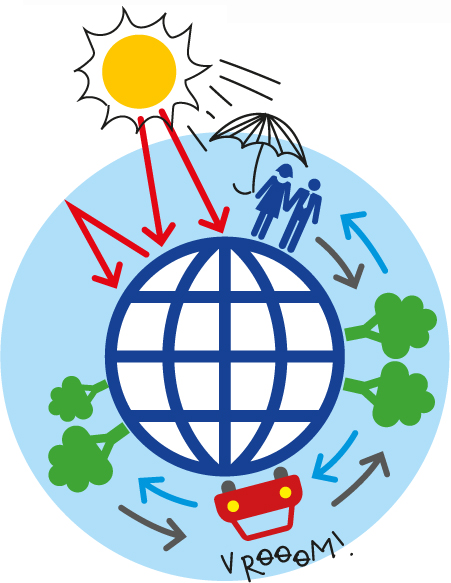
 Greenhouse effect
Greenhouse effect Green lungs
Green lungs











